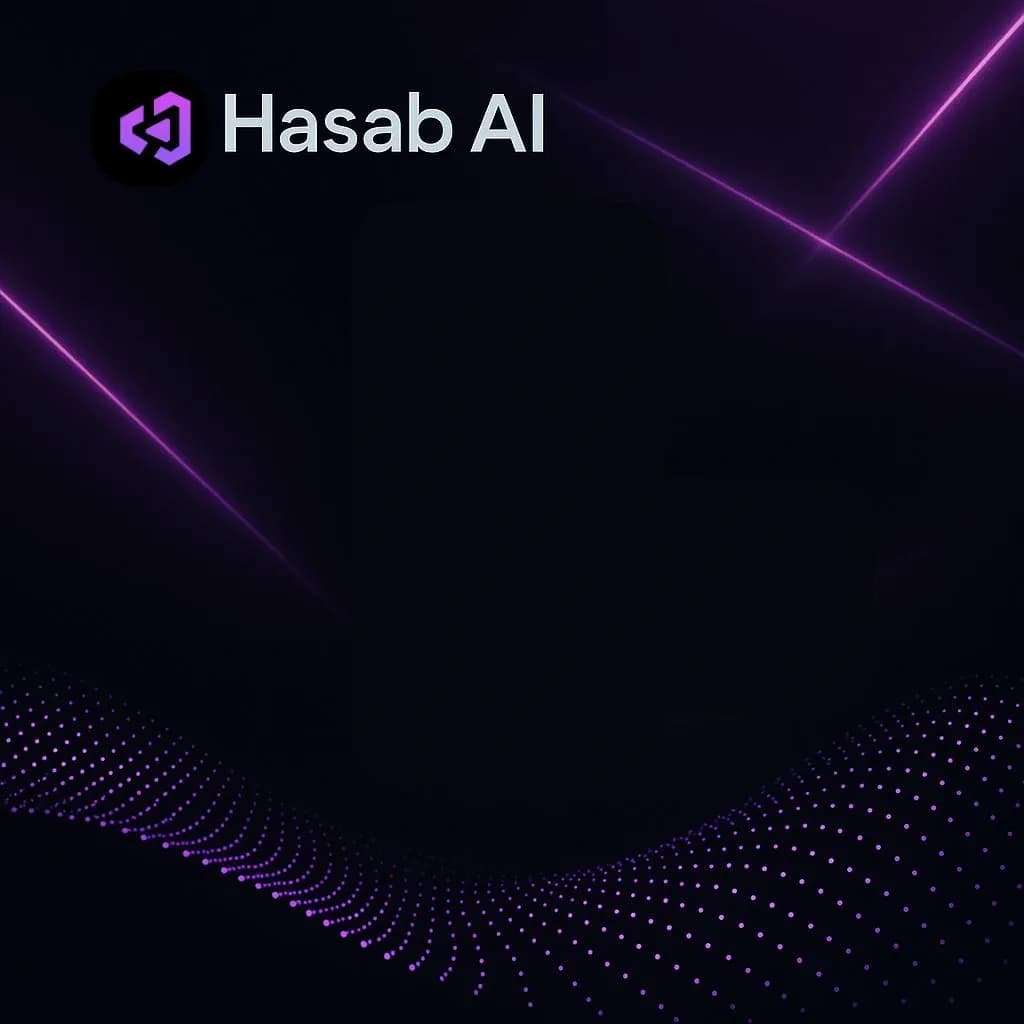Progress for 0 ad
Progress for 1 ad
Progress for 2 ad
Progress for 3 ad


Etenat Awol
Addis Ababa, Ethiopia

After months in beta testing, Hasab AI an Ethiopian-built speech and language processing platform, was officially launched on Tuesday, marking a significant step in expanding speech recognition and translation tools to Ethiopian languages.
With an unprecedented 97% accuracy rate in Amharic, the platform offers transcription, translation, and word-level timestamping, unlocking speech technology for low-resource Ethiopian languages. The lack of extensive, high-quality speech datasets for many African languages, their phonetic, syntactic, and lexical diversity, poses significant challenges for speech recognition systems usually designed with a one-size-fits-all approach.
Hasab, which translates to thought in Amharic, also enables speaker diarization, a function that automatically partitions an audio recording into segments corresponding to different speakers.
Co-founded by software engineer Kidus Yared and a former classmate turned business partner, Hasab is built to serve sectors ranging from call centers to content creators and enterprises requiring multilingual tools.
The development process took nearly a year and culminated in a hybrid architecture that combines open-source deep learning frameworks with proprietary models tailored to African phonetics, particularly Amharic.
“Since we both had different experiences and exposures with AI models, we started with small sample datasets and tested a range of public models for benchmarking,” Kidus told Shega. “We tried everything from GPT-2.5 to other notable models. That period of experimentation gave us time and flexibility to figure out what works.” He added.
Eventually, the founders narrowed their tools to two or three core models, which they fine-tuned to suit Hasab’s goals.
Born in Assela and raised across Harar, Hawassa, and Addis Ababa, Kidus was initially nudged towards a career in medicine by his father. But a strong aversion to blood and a growing passion for programming led him down a different path. A pivot that led to a software engineering degree from Addis Ababa Science and Technology University (AASTU) and eventually employment at Chapa Financial Technology, which started as a junior software developer and progressed to an engineering lead.
Kidus describes Hasab as a product of the cofounders' academic training, professional experience, and lifelong fascination with technology. The intrigue began for him in high school with hardware repair and evolved into programming. Kidus developed his school’s website and a national matriculation correction system, which was recognized by Abiy Ahmed (PhD), then Minister of Science and Technology, now Ethiopia’s Prime Minister.
His final-year project at AASTU, an AI-driven system called the Agricultural Sensory Grid, offered crop recommendations based on soil data, altitude, and historical climate patterns. A project that was among the finalists from 238 submissions in Dell Technologies Envision the Future Competition in 2021.
While attending AASTU’s fast-track program, which allows undergraduates to access master's coursework, Kidus began noticing the poor performance of global speech models on Ethiopian languages, which differ in structure and syntax from English.
“There just wasn’t anything out there that decently worked for our languages, and it was a headache for students and professors alike,” he told Shega.
A pivotal moment came in 2023, when the co-founders watched an Amharic-language YouTube video only to find the auto-generated subtitles were in Arabic. “We thought, how is that even possible?” he recalled. That question led to deeper conversations and eventually, Hasab.
To attain a 97% accuracy in translation it required the team to use more than 1,000 hours of audio data for Amharic and several hundred hours for Tigrinya and Oromiffa for training the model. They plan to expand to additional African languages, including Swahili and Arabic, in the long run. To facilitate the vision of accuracy and ethical data sourcing, Kidus and his co-founder have already set up a data annotation wing dubbed Debo Data.
Bootstrapped up until now, after a pre-seed evaluation, the startup is currently in conversation with investors to raise its first round of funding, up to $200,000.
The company operates on a freemium business model, offering basic features at no cost while charging for enterprise tools such as bulk transcription, API access, meeting summarization, speaker diarization, and media subtitling. It also offers call tagging and similar services for call centers. Early enterprise subscribers included ride-hailing company Little Ethiopia and call center solution provider Ring Cloud.
“We just made the payment option available three or four days ago, but we already have paying users,” said Kidus.
👏
😂
❤️
😲
😠

Etenat Awol
Etenat holds a degree in Journalism and her master's in Public Relations. Previously, she served as a university lecturer and has five years of experience in communications, media, digital marketing, and consulting.
Your Email Address Will Not Be Published. Required Fields Are Marked *